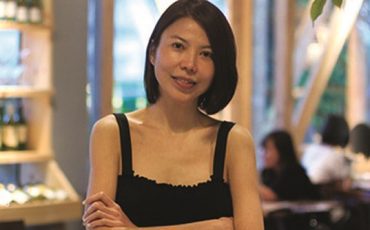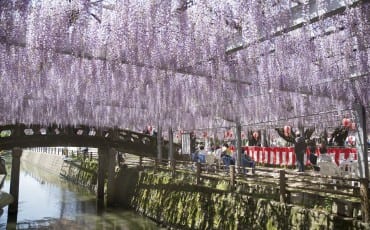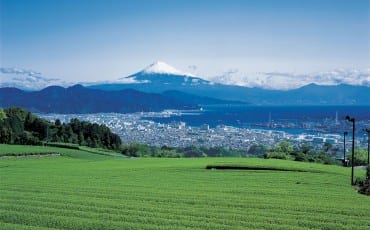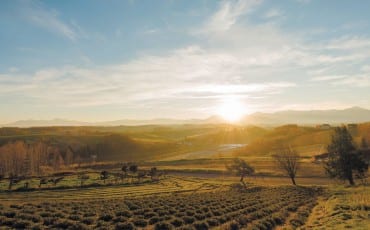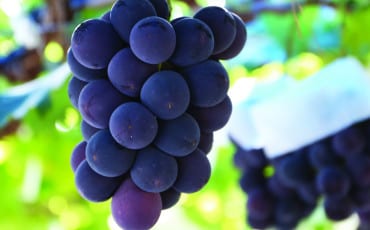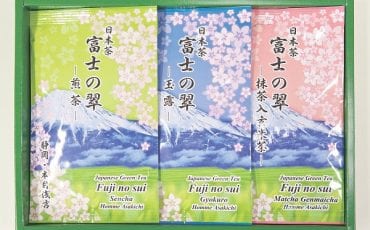Articles
Features
Jun 1, 2017
Moulding, a Food Culture
sed to transform starches into sugar to produce sake, as well as ferment soybeans to make seasonings like shoyu and miso, it’s hard to imagine what Japanese cuisine would look like without koji.
Aspergillus oryzae, a type of mould also known as “koji” may be just a tiny microorganism, but without it, we wouldn’t have sake, soy sauce, or miso. In a nutshell, koji is a source of enzymes that help break down plant constituents into simpler compounds. So important is koji to Japanese culture that it was elevated to the level of “national fungus” by the Brewing Society of Japan just over 10 years ago.
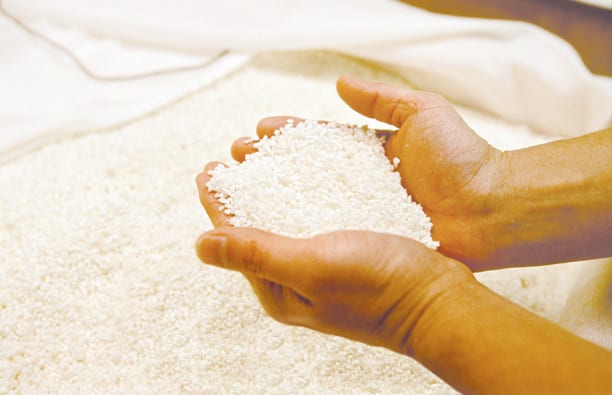
Koji comes about when tane koji (“seed koji”) is sprinkled over rice, barley, or soy beans, and then cultivated under temperature conditions suited for its growth. As the fungus multiplies, enzymes break down starch and proteins into sugars and amino acids.
The production and storage of seed koji requires special skills that have been passed on for generations in a family business that hail as far back as the Muromachi era (1336 – 1573). During this period, the ancestors of these dealers formed a union in Kyoto known as Koji-za, and they had a monopoly in the production and sale of koji in the ancient capital. To this day, koji dealers keep the knowledge of their wares secret, so there are very few entrants to the business. There are reportedly only a dozen or so of them in the whole of Japan.
There are various types of koji; the white variant is easy to cultivate and is used to make most types of shochu; the black type is used in Okinawa to make awamori, a type of alcohol indigenous to this area. Finally, there’s the
yellow type of koji, which is usually used to produce sake, miso, shoyu, and vinegar.
In the below link, you’ll find out more about the three common everyday food items that require koji in its production: miso, shoyu, and of course, sake.
Miso: https://www.oishii.sg/wiki/3455
Shoyu: https://www.oishii.sg/wiki/3618
Sake: https://www.oishii.sg/wiki/3619
(TEXT Denise li )

